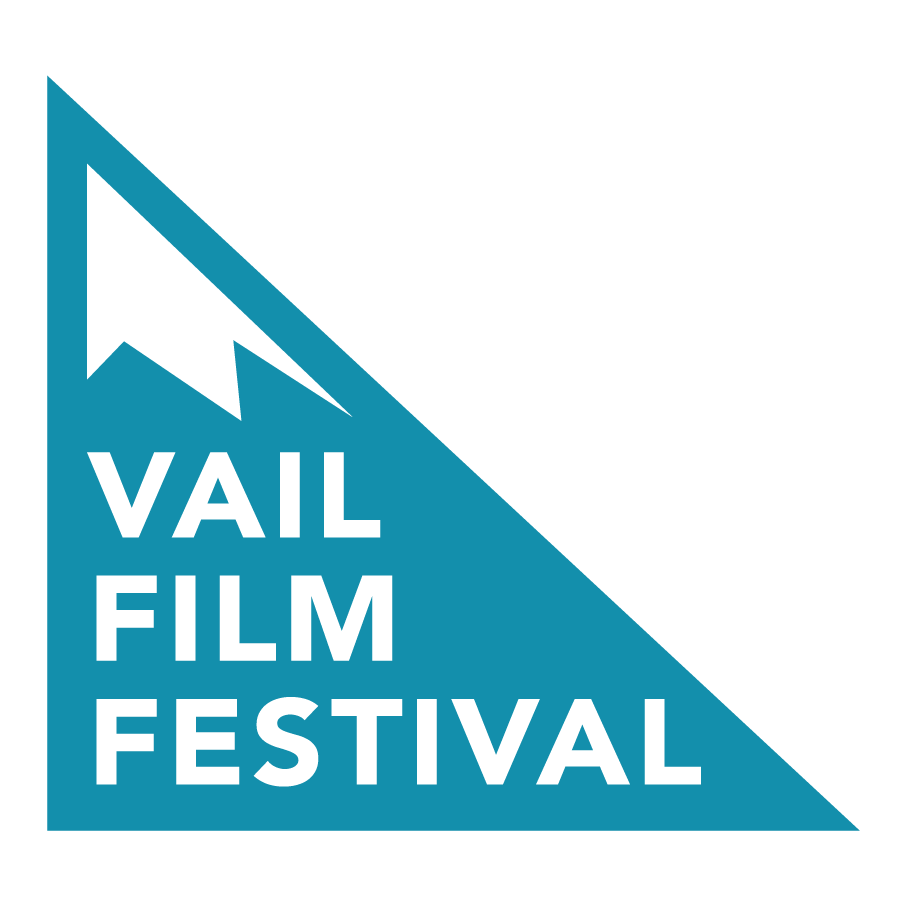Online Shorts Fest with Michael Callahan
We're excited to introduce Michael Callahan, the writer and director of our next short for the VFF Online Film Fest. Check out his short here.
Michael Callahan has directed trailers for best-selling video game franchises Battlefield, Titanfall, and Star Wars: The Old Republic. Together, these trailers have accumulated over 10 million views.
His short films have been featured on sites like SlashFilm, Film School Rejects and Short of the Week, and have played to audiences around the world.
He's produced campaigns for Sony, Google, DTS, and Fresh & Easy, and assistant directed for clients like Coca-Cola, Mentos, Jaguar, BiC, KFC, Durex, CollegeHumor, and Funny or Die.
In front of the camera, he co-hosted the television show "Life After Film School" for the Fox Movie Channel, interviewing filmmakers about how they got their start. In his free time, he loves trying new food, hiking a bit less than he'd prefer, and generally hanging around Los Feliz.
How long have you been directing/writing? I’ve been writing since I was about three years old. One of my first memories was sitting on the floor of my parents’ townhouse, dictating stories to my dad as he wrote them out on his typewriter. I’ve been directing for about 7 years.
How many short films have you directed? Total: sixteen. That I’d feel comfortable showing anyone: four.
What's your top advice for first-time directors? To loosely paraphrase Ira Glass: trust that your instincts are sound and that your taste is good, but understand that it will take time for your skills to develop. Don’t be discouraged when your execution doesn’t match your vision - it takes a long time to bridge the gap between the two. I’m still not even close to bridging that gap myself, and I doubt I ever fully will. The struggle between ambition and ability is a frustrating one, but it (hopefully) lessens over time.
Is there any one part of the process that you enjoy more than the others? I love rehearsal. Building a scene, beat by beat, with talented actors, is one of the most rewarding and - at the risk of sounding cheesy - magical things in life for me. One minute, everyone’s slogging along in the marshes - nothing seems to be working, nothing is clicking… and then, all of a sudden, everything comes together and you’re witness to something electrifying. It’s a kind of high, and it’s terribly addictive.
We're Having Sex
What drew you to wanting to tell this story? I wanted to explore the "undramatic" ways many relationships end. Over time, two people can grow apart as they either organically change and become incompatible, or simply learn that they were never right for each other in the first place. I believe this kind of ending can be even more painful than a "dramatic" one - there's no climactic conclusion, no definitive closure. Most breakups are slow, messy, and confusing, capped by painful epiphanies that take too long to manifest and often come far too late.
What kind of camera did you shoot on? Our insanely talented cinematographer Ashley Barron shot the film on a RED Epic camera.
What were some of the challenges in getting this film made and how did you overcome them?
The two biggest challenges were:
1.) Shooting the entire thing in 2 days. Our camera had technical difficulties on the first day, so we didn't get a single shot off until almost five hours in. These schedule constraints forced me to create a very minimal shot list, and cover each scene in as few setups as possible. This was a choice of necessity, but also an artistic one - I approached the piece as a character study, and wanted to allow the actors room to act. The fewer shots I captured, the more I forced myself to rely solely on Hannah and Brandon's performances.
2.) Staying true to the characters, and keeping ourselves emotionally honest in every scene. It was terrifying, because I knew we had nothing to hide behind. No action scenes, no special effects, and (like I just mentioned) not much in the way of editing options. We shot the final scene of the film at the very end of the second day, and the shot that finishes the movie was literally the only coverage we had of that moment. We had time for three takes before we had to leave the location for good, and I knew if we didn't "get" that shot in one of those three takes, the movie was not going to work. I am supremely grateful to have had Brandon and Hannah there to turn that scene into what it is. They're truly gifted performers.
If you haven't done it yet, check out his short film here.
To learn more about Michael and his work, visit his website.


